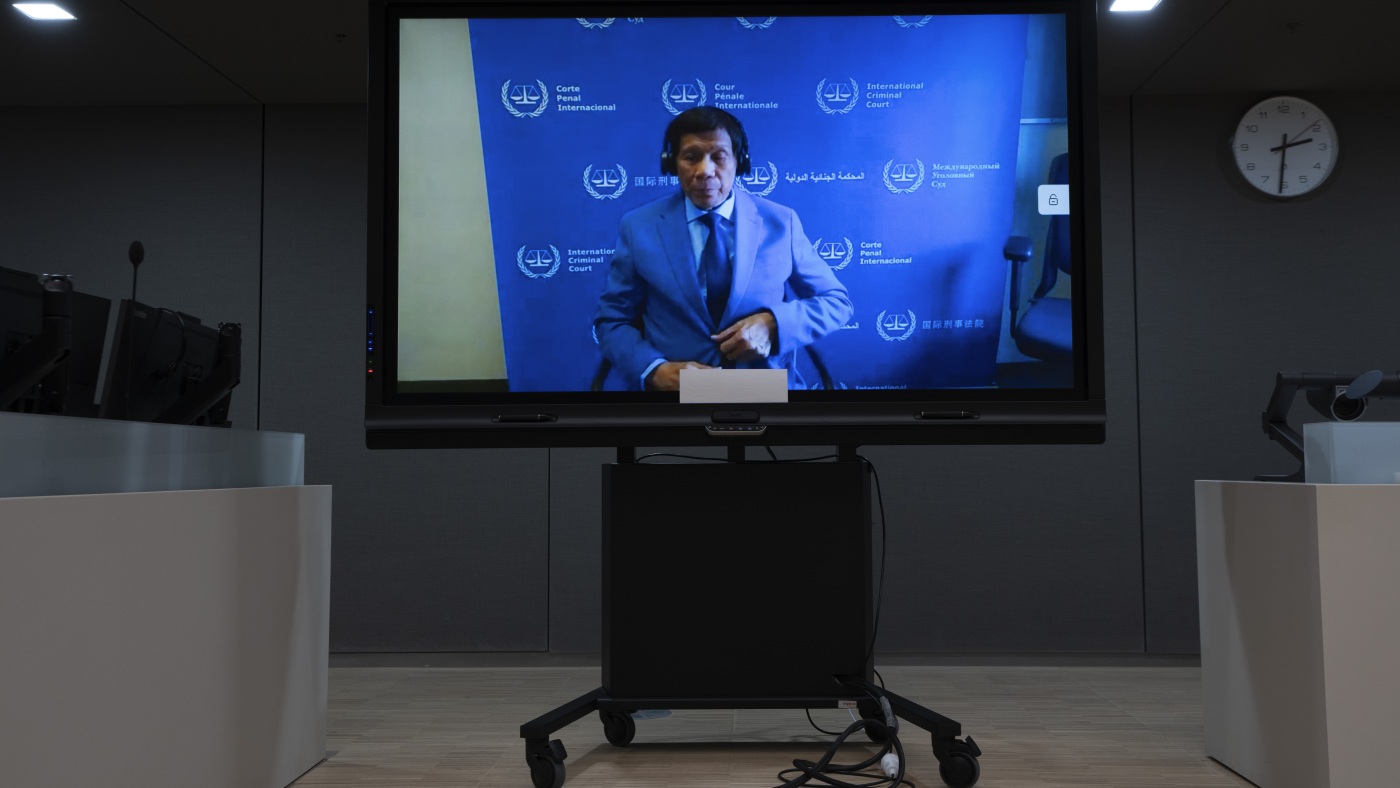The Unfolding Drama of Philippine Midterms: Power, Detention, and Democracy
The upcoming midterm elections in the Philippines are shaping up to be one of the most extraordinary political spectacles in recent memory. At the center of this drama is former President Rodrigo Duterte—detained in The Hague yet running for thousands of national and local seats. This bizarre scenario raises critical questions about political influence, governance, and the future of Philippine democracy.
A Candidate Behind Bars: Duterte’s Unprecedented Gamble
Rodrigo Duterte’s decision to campaign from detention is without precedent in Philippine politics. His bid for an astonishing 18,000 positions—ranging from local councils to national offices—demonstrates both his enduring popularity and his strategic maneuvering to retain influence.
Duterte’s stronghold remains Davao, where his legacy as a long-serving mayor and later as president has cemented his reputation as a decisive, if controversial, leader. His supporters see him as a no-nonsense figure who delivered on promises of cracking down on crime and corruption. Yet, his detention on international charges complicates his electoral prospects. Can a detained politician effectively govern? And what does his candidacy say about the state of Philippine democracy?
The Duterte Dynasty’s High-Stakes Power Play
This election isn’t just about Rodrigo Duterte—it’s about the survival of his political dynasty. His daughter, Sara Duterte, remains a formidable force, and the family’s grip on power hinges on these midterms. Analysts see this as a make-or-break moment: if Duterte and his allies secure key positions, their influence could extend for years. If they falter, rival factions may seize the opportunity to reshape the political landscape.
The Duterte brand thrives on a mix of populism and fear—portraying themselves as the only leaders tough enough to maintain order. But with the former president detained, opponents are questioning whether the dynasty’s dominance is waning.
The Ghost of the Drug War: Public Opinion’s Double-Edged Sword
Duterte’s presidency was defined by his brutal “War on Drugs,” a campaign that earned both fervent support and global condemnation. While his approval ratings remained high during his term, polls consistently showed public disapproval of the extrajudicial killings tied to the anti-drug crackdown.
Now, with Duterte detained over alleged human rights violations linked to the drug war, the midterms serve as a referendum on his legacy. Will voters prioritize his tough-on-crime image, or will the controversies finally erode his base? The answer could redefine Philippine politics.
Governing from a Cell? The Logistical Nightmare
Assuming Duterte wins in Davao—a near certainty given his local support—how would he govern from a detention cell in The Hague? The legal and practical challenges are immense. Would he rule through proxies? Could his administration function effectively, or would it descend into chaos?
This scenario isn’t just about Duterte—it’s a stress test for Philippine institutions. If a detained official can still wield power, what does that say about the rule of law? And if his opponents exploit this weakness, could it trigger political instability?
A Test for Philippine Democracy
Beyond the Duterte spectacle, these midterms are a crucial gauge of the country’s democratic health. The arrest of a former president, his defiant candidacy, and the potential for continued dynastic rule all point to a system under strain.
Will voters break from personality-driven politics and demand accountability? Or will they double down on strongman leadership, even if it comes from behind bars? The results will send a message—not just to Manila, but to the world—about whether Philippine democracy can withstand these unprecedented pressures.
Conclusion: A Nation at a Crossroads
The Philippines stands at a pivotal moment. The midterm elections will determine whether the Duterte dynasty retains its grip or whether new forces emerge to challenge the status quo. More than just a political contest, this is a battle over the soul of the nation—one that will shape its future for years to come.
As the world watches, one thing is clear: in Philippine politics, the only certainty is unpredictability.











